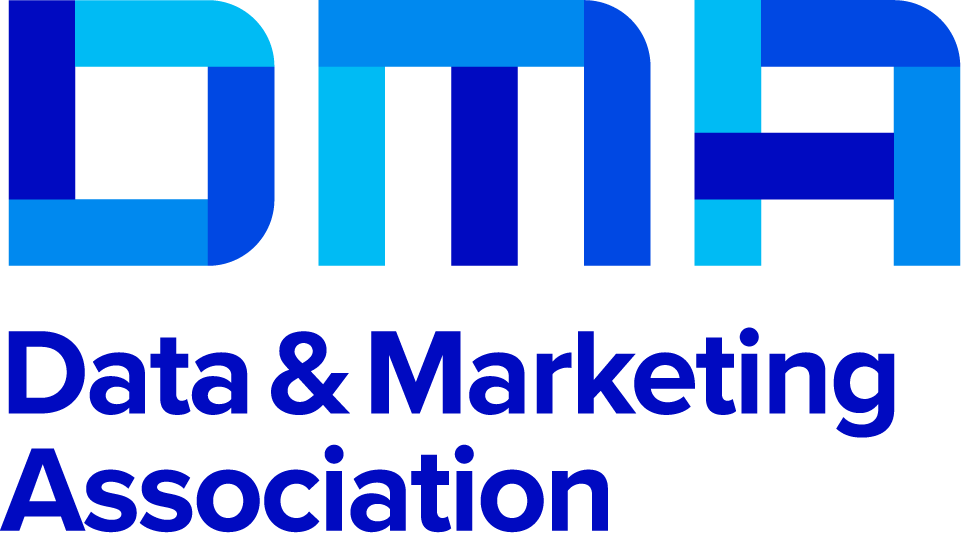Summit Snapshot: What’s Your Privacy Team Plan?
Big Idea: DAA Principles help advertisers address consumer concerns about privacy -- but that requires cross-enterprise support. Communication and collaboration throughout organizations are critical to integrate the DAA Principles effectively. Innovations such as location and cross-device data collection and use are current examples where Principles adherence can help marketers manage privacy successfully.
As the Digital Advertising Alliance readies the DAA Summit 2017 program, here’s a new Summit Snapshot from last year’s DAA Summit 2016, “What’s Your Privacy Team Plan?” to help provide content and context on this once-a-year event.
Consumer Centrism and Privacy
Chris Oswald, vice president, advocacy, Data & Marketing Association, opened Digital Advertising Alliance 2016 Summit Panel, “What’s Your Privacy ‘Team’ Plan? Marketing Respectfully & Responsibly Across the Enterprise” by stating, “Let’s talk a little bit about what you do to foster a consumer-centric culture within your company, and what that entails.”
Tyler Simmons, director, programmatic strategy, Foursquare, emphasized the importance of understanding the relationship between consumers and privacy as part of the brand engagement equation, “The foundation for everything we do is our consumers and our consumer apps -- people using them, people feeling comfortable sharing their location...We need to be very conscious and compliant with everything that we do and privacy plays a major part of that.”
Scott Meyer, chief executive officer, Evidon [formerly Ghostery], agreed, “You have to think about privacy and security in everything you do, and it has to be the beginning of the process, not the end. Because if you get to the end, you’re guaranteed to have a really bad outcome.”

Photo: Moderator, Chris Oswald, Vice President, Advocacy, Data & Marketing Association
Alice Lincoln, vice president, product management & data governance, MediaMath, explained the complexity of data and said, “I can say something to this room about data and it would probably get heard at least 10 different ways. Guidelines are very simple and very clear, but also there is some nuance there to what we’re talking about.” To overcome this challenge, Lincoln fosters communication within MediaMath and asks her colleagues challenging questions.

Photo: Scott Meyer, Chief Executive Officer, Evidon; Alice Lincoln, Vice President, Product Management & Data Governance, MediaMath
DAA Principles
Regarding DAA Principles, Oswald asked, “How do you socialize those iterations that come out of the DAA within the different departments in your organization?”
Sheryl Ann Yamuder, senior managing counsel, privacy & data protection, MasterCard Worldwide, explained how MasterCard has working groups when there are digital initiatives that incorporate areas of expertise such as information technology and security. They ensure that there are technical- and privacy-driven documentation to be used in the implementation of such initiatives, she said. Yamuder added, “We find that if there’s good guidance in not only what you need to do, but how easily you can do it...that’s a good way to keep things moving forward. Obviously we need to be much more aware of what the nuances are and how things are changing, and we try to keep the business up with that.”

Photo: Tyler Simmons, Director, Programmatic Strategy, Foursquare; Sheryl Ann Yamuder, Senior Managing Counsel, Privacy & Data Protection, MasterCard Worldwide
Alan Isham, senior privacy analyst, Intel Corporation, said that he and his colleagues started a network within the Bay Area, “where we could come in and close the doors and talk about organizations...and really just try to raise all boats to the same level, and agree on where control requirements should be baselined.” This collaboration allows for constant conversation with peers and ensures maintenance of certain standards within the enterprise and among partners.
Once DAA Principles are implemented within organizations and industries, they are seen as a certification or badge of honor: Lincoln said, “(Clients) absolutely have to know that we’re operating in compliance with DAA’s guidelines, (and) we want to make sure they’re doing the same.”
DAA Principles today are so prevalent, that they are in some cases seen as a baseline expectation. Simmons said, “I feel like for better or worse, the focus from the agency and the client standpoint is less about ‘Do you adhere to the DAA standards and privacy restrictions?’ It’s more like ‘We expect that you do, and if we find out that you don't, then there’s a problem and we’ll pull the budget,’ or something like that.”

Photo: Alan Isham, Senior Privacy Analyst, Intel Corporation, Scott Meyer, Chief Executive Officer, Evidon [formerly Ghostery]








